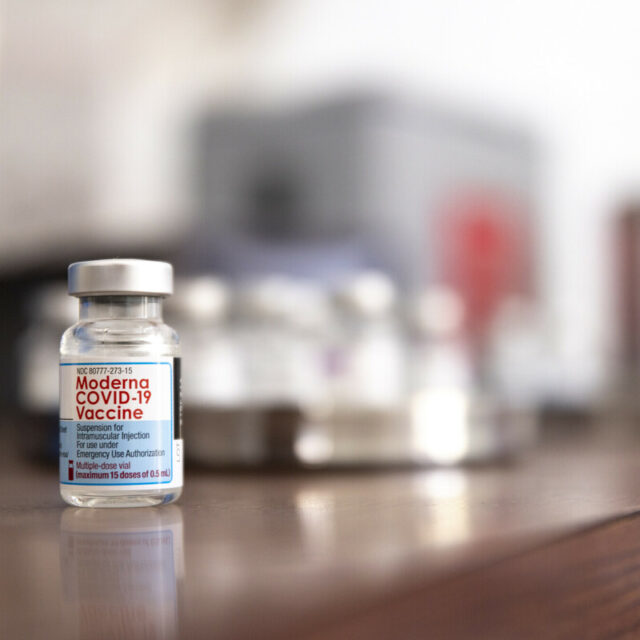After the COVID-19 pandemic started, we launched our ONE World campaign, calling for the world to come together to create one global response to the pandemic, as a crisis of this scale requires a global response.
Of course, in times of crisis, strong leadership is of the utmost importance. COVID-19 is a global crisis that requires a strong, coordinated global response from leaders. Unfortunately, the world hasn’t seen many global leaders step up in the appropriate way.
ONE CEO Gayle Smith, and former USAID ambassador, is weighing in on what leaders have done so far that has worked and where leadership across the globe should improve.
Stepping up in previous crises
Global leaders are no strangers to stepping up in times of crisis, and the US has often played a crucial role in global health security. During the HIV/AIDS epidemic, leaders in the US “mobilized the world to fight back” and during the Ebola epidemic, the US brought countries together in an international response to end the health crisis.
Health crises and leaders coming together to tackle them is nothing new. But what is new and unprecedented about the COVID-19 pandemic is leaders’ lack of giving this pandemic the attention it deserves.
During arguably one of the largest global crises of our lifetimes,“we’re witnessing neither the leadership nor the global response that we’ve come to expect,” Gayle says.
“There have been few, if any, emergency meetings of the UN Security Council. The G7 has yet to be used as a platform for mobilizing robust global action, and only a few leaders have gathered to figure out a plan for the global development of a vaccine,” Gayle explains. “Rather than fighting for our common humanity, we’ve reverted to every man for himself.”
What we need from leaders now
Granted, we’ve seen examples of good leadership in wake of this pandemic. One such example was seen in Africa. African leaders came together to build a supply chain of PPE and medical supplies, so countries on the continent could have the proper and affordable resources to address COVID-19 without the inflated pricing many saw throughout the world. Other examples can be seen in Japan and South Korea, where both countries were able to get a handle on the virus from the get-go.
But that’s not enough. Right now, the world needs the international community and its leaders to step up and come together to mobilize as one unit to respond to the pandemic.
In particular, leaders must act now to ensure that vaccines, therapeutics, and other treatments reach the people who need them most wherever they are in the world, because we won’t beat this virus anywhere until we have beaten it everywhere.
And with decades of progress in reducing poverty and hunger risk being reversed by the aftershocks of the virus, leaders must also take financial steps to protect the world’s most vulnerable economies so that all governments can invest resources in fighting the virus and protecting people.
Doing so, “can, and will, shorten the duration of the pandemic and ultimately end it,” Gayle says. “[But] until they do, the virus will continue to run circles around us, and we will all pay the price.”
Find out more about what Gayle has to say about leaders’ responses to COVD-19 and what we can all do to bring the global community together as one in the latest episode of our video series Gabbing with Gayle here.



